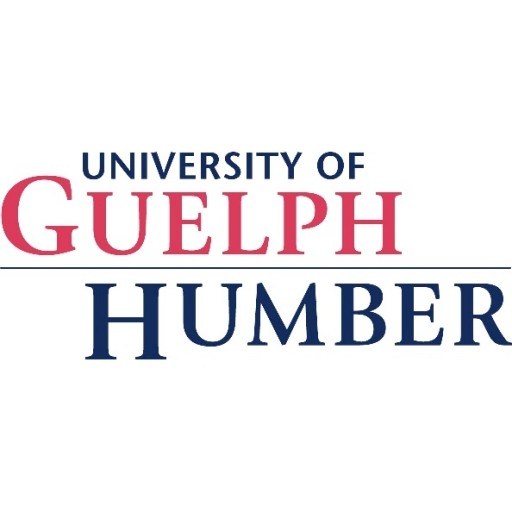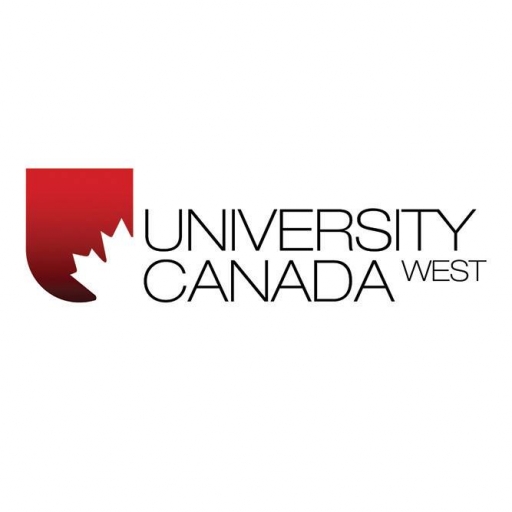Early Childhood Studies at the University of Guelph-Humber provides students with a comprehensive understanding of the development, learning, and well-being of young children from diverse backgrounds. This program prepares graduates for a variety of careers in early childhood education, child development, and community services by combining theoretical knowledge with practical experience. Students will explore topics such as child growth and development, inclusive education, family and community engagement, and policies affecting young children. The curriculum emphasizes the importance of creating supportive, safe, and stimulating environments that promote optimal development for all children. Through hands-on practica and internships, learners gain valuable real-world skills and build professional networks within the Early Childhood Education (ECE) field. The program also focuses on fostering leadership, communication, and reflective practice skills, enabling graduates to advocate effectively for children and families. With a strong foundation in ethical and culturally responsive practices, students are prepared to work in various settings including childcare centers, preschools, public and private schools, and community agencies. Emphasizing interdisciplinary learning, the program integrates knowledge from psychology, education, social work, and health sciences. The University of Guelph-Humber's collaborative environment encourages a personalized approach to education, ensuring students develop both the academic competence and practical expertise needed for successful careers in early childhood services. Graduates of the Early Childhood Studies program are equipped to make meaningful contributions to the well-being and development of young children and to the improvement of early childhood practices in their communities.
Early Childhood Studies at the University of Guelph-Humber offers a comprehensive and innovative program designed to prepare students for impactful careers in early childhood education and development. This program emphasizes a holistic approach to understanding young children's growth, learning, and development within diverse settings. Students will explore child development theories, curriculum planning, and effective teaching strategies, gaining practical experience through placements in early childhood settings such as daycare centers, preschool programs, and community agencies. The curriculum integrates contemporary research and best practices in the field, ensuring graduates are well-equipped to support children's social, emotional, and cognitive development. In addition to foundational courses in child psychology, developmental milestones, and inclusive education, students will have opportunities to specialize in areas such as special needs, Indigenous early childhood practices, or family engagement. The program fosters critical thinking, cultural competency, and reflective practice, preparing graduates for roles in teaching, program management, policy development, and advocacy for children's rights. With access to state-of-the-art facilities and partnerships with local organizations, students will benefit from hands-on learning experiences that connect theory to practice. The university's interdisciplinary approach encourages collaboration with faculty from fields such as social work, psychology, and education, broadening students' perspectives and professional networks. Upon completion of the program, graduates will be well-positioned to pursue careers in childcare centers, early intervention services, community programs, or further academic study. The University of Guelph-Humber's Early Childhood Studies program is committed to fostering a passion for enhancing the well-being and development of young children, ensuring graduates become influential practitioners and advocates in their communities.
Program requirements for the Bachelor of Applied Arts in Early Childhood Studies at the University of Guelph-Humber typically include completing a set of core coursework, field placements, and capstone projects. Students are expected to successfully complete foundational courses such as Introduction to Child Development, Early Childhood Education Principles, and Family and Community Engagement. Advanced courses may cover topics like Inclusive Practices in Early Childhood Settings, Curriculum Planning, and Legal and Ethical Issues in Early Childhood Education. Practical experience is a key component, with students engaging in supervised field placements in various early childhood environments to apply theoretical knowledge in real-world contexts. These placements are designed to develop professional skills, observe child development in diverse settings, and collaborate with families and colleagues. Additionally, students must demonstrate competency in communication, program planning, and Assessment and Evaluation of young children. The program also emphasizes the development of critical thinking, reflective practice, and culturally responsive care strategies. To graduate, students are often required to complete a capstone project that synthesizes their learning and demonstrates their readiness for professional practice. Moreover, certain courses may require participation in seminars, workshops, and research projects. Throughout the program, students must meet specific academic standards, including maintaining a minimum grade point average (GPA) and fulfilling all field placement requirements with satisfactory evaluations. The program's structure is designed to prepare graduates for careers in early childhood education, childcare, developmental support services, and related fields, aligning with professional standards and regulations governing early childhood practitioners in Ontario and Canada.
The University of Guelph-Humber offers various financial aid options to support students enrolled in the Early Childhood Studies program. Students can access government-sponsored financial assistance, including provincial and federal grants and loans such as OSAP (Ontario Student Assistance Program). OSAP provides need-based financial support to eligible students, helping cover tuition fees, textbooks, and living expenses. Additionally, the university offers its own scholarships and bursaries, which are awarded based on academic achievement, financial need, leadership, and community involvement. Prospective and current students are encouraged to apply for external scholarships through various organizations and foundations that support education in early childhood development. Part-time employment opportunities are available both on and off-campus, allowing students to earn income while managing their studies. The university's cooperative education (co-op) program may also provide paid work placements, giving students practical experience and financial benefits. Students should also consider budget planning and financial literacy resources provided by the university to manage their education-related expenses effectively. Furthermore, some students might qualify for special funding programs or grants aimed at marginalized or underrepresented groups, depending on their circumstances. Overall, the University of Guelph-Humber strives to provide comprehensive financial support options to make the Early Childhood Studies program accessible to a diverse student body.
Early Childhood Studies at the University of Guelph-Humber offers a comprehensive curriculum designed to prepare students for a variety of careers in early childhood education, developmental support, and related fields. The program combines theoretical knowledge with practical experience, emphasizing child development, curriculum planning, behavior management, and family engagement. Students gain an understanding of inclusive practices, multicultural education, and the health and safety needs of young children. The program also focuses on developing critical thinking, communication, and leadership skills essential for working with children, families, and communities. Throughout the degree, students have opportunities for internships, cooperative education placements, and community engagement activities that allow them to apply classroom learning in real-world settings. The curriculum is regularly updated to reflect current research and best practices in early childhood education, ensuring graduates are well-equipped for the evolving demands of the profession. Graduates of the program often pursue roles such as early childhood educators in preschools and childcare centers, child development specialists, family support workers, or continue their studies in graduate programs. The program is delivered through a combination of lectures, seminars, hands-on activities, and field placements, fostering a collaborative learning environment. The University of Guelph-Humber’s close connections with local organizations and institutions provide students with valuable networking opportunities and access to a broad range of resources. With a focus on inclusive education and responsive caregiving, the program aims to support the holistic development of children and strengthen families and communities. It is accredited and designed to meet the educational requirements for certifications and licenses relevant to early childhood education in various settings. Overall, Early Childhood Studies at the University of Guelph-Humber prepares students to make meaningful contributions to the lives of young children and their families, promoting healthy development and lifelong learning.



